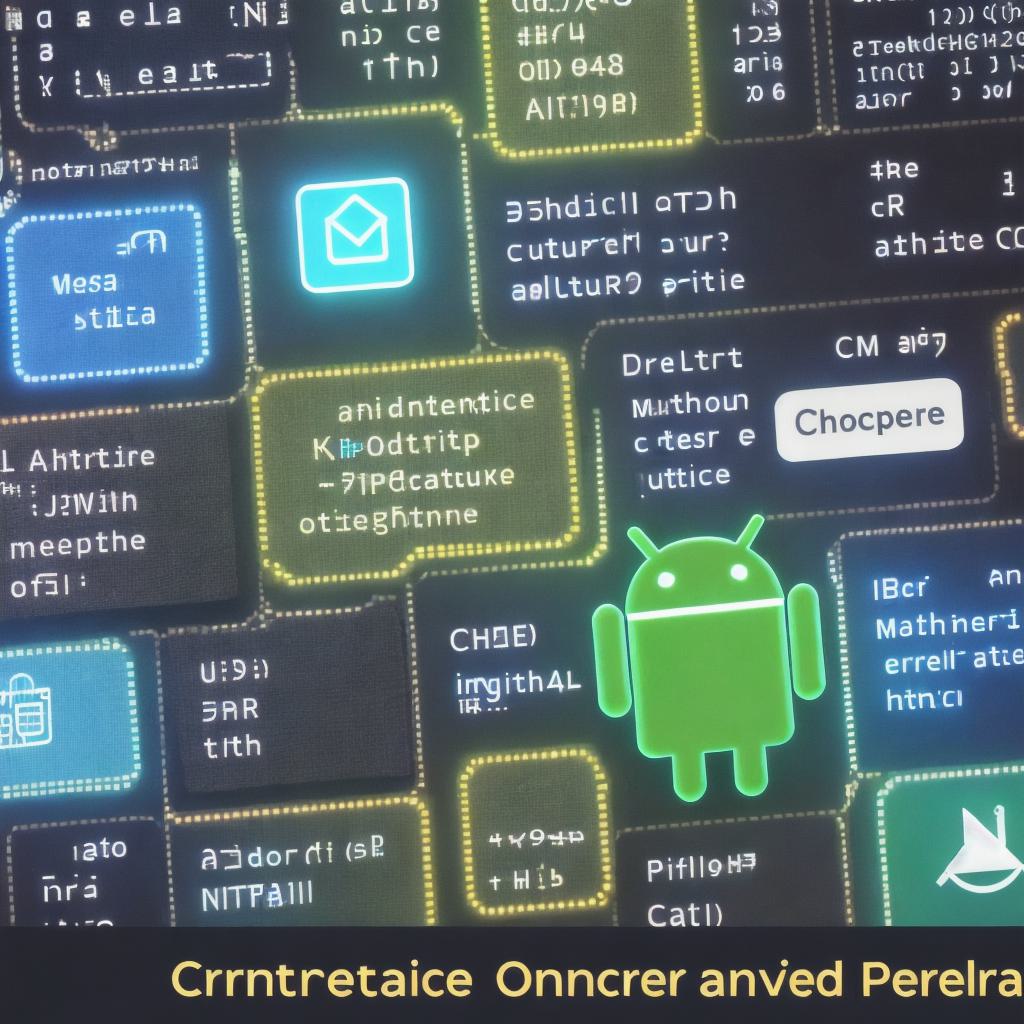Introduction:
Android is one of the most popular mobile platforms on the market, with millions of devices running on it. As an Android developer, you’ll need to have a solid understanding of Java, the programming language used to build Android apps. In this article, we’ll take a closer look at some essential Java topics that every Android developer should learn.
- Concurrency and Multithreading:
Concurrency is a critical aspect of Android development, as it allows you to create apps that can run in the background and perform multiple tasks simultaneously. Multithreading is a key concept in achieving this concurrency, and Java provides several mechanisms for implementing multithreaded code, including threads, executors, and semaphores. - Collections Framework:
The Collections Framework is a set of classes and interfaces that provide data structures and algorithms for manipulating collections of objects. As an Android developer, you’ll need to have a solid understanding of the Collections Framework to create efficient and scalable code. This includes topics such as lists, sets, maps, and arrays, as well as algorithms like binary search and sorting. - Memory Management:

Memory management is critical in Android development, as devices can have limited memory resources. Java provides several mechanisms for managing memory, including garbage collection, which automatically frees up memory that’s no longer needed by your app. Additionally, you should be aware of best practices for managing memory usage, such as minimizing the number of objects you create and releasing memory when it’s no longer needed. - Networking:
Networking is an essential aspect of Android development, as many apps rely on data from remote servers. Java provides several libraries for networking, including HttpURLConnection and OkHttp, which make it easy to send HTTP requests and receive responses. Additionally, you should be aware of best practices for secure networking, such as using SSL/TLS encryption and handling authentication and authorization. - Security:
Security is a critical aspect of Android development, as apps can access sensitive user data like passwords and personal information. Java provides several mechanisms for implementing security features in your app, including encryption, authentication, and access control. Additionally, you should be aware of common security threats and best practices for mitigating them, such as using secure communication protocols and validating user input. - Libraries:
There are many third-party libraries available for Java that can help you build better Android apps more quickly. Some popular libraries include Retrofit for networking, Room for database access, and Dagger for dependency injection. Additionally, you should be aware of how to use these libraries in your app and how they interact with the other Java topics we’ve covered.Summary:
In conclusion, learning essential Java topics is crucial for any Android developer looking to build high-quality apps. By mastering concepts like concurrency, collections, memory management, networking, security, and libraries, you can create apps that are efficient, scalable, secure, and user-friendly. With the millions of devices running on Android, there’s no better time than now to start honing your Java skills.
